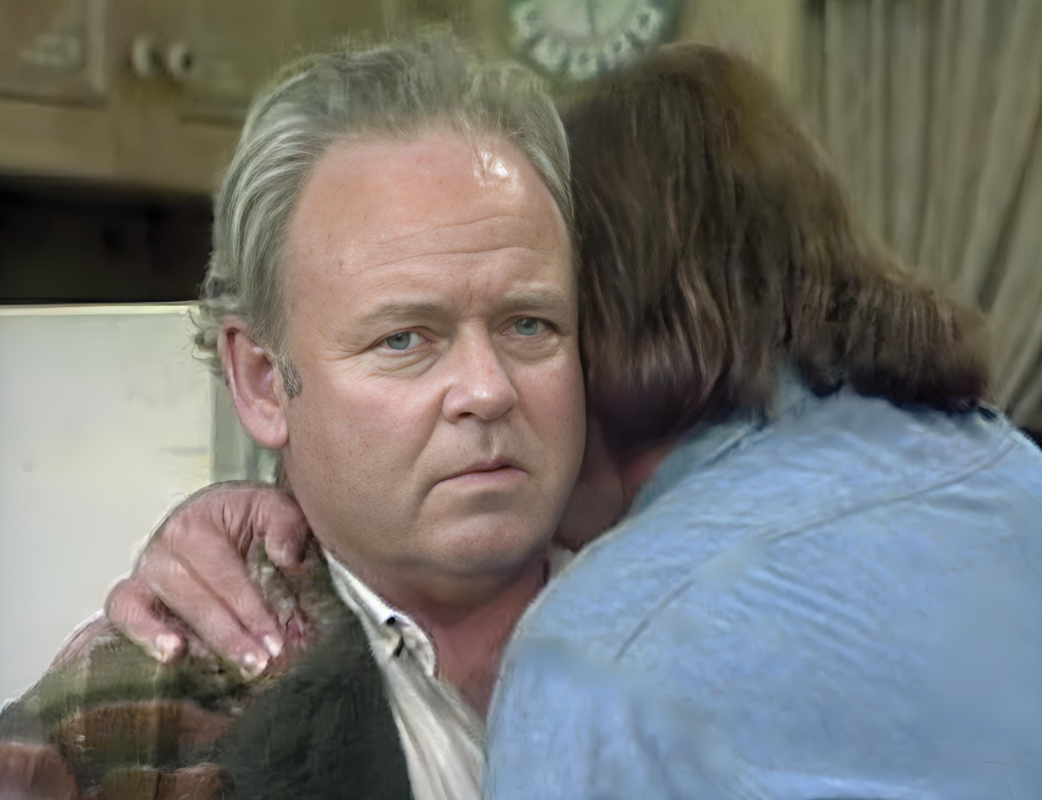
Legal scholar and civil rights advocate Kimberlé Crenshaw, known for her pioneering work in intersectionality, has criticized the classic television show “All in the Family” for its failure to effectively address the complexities of intersectional issues. Crenshaw argues that while the show attempted to tackle various social issues, it often fell short in its representation and handling of the overlapping identities and systemic inequalities faced by marginalized communities.
“All in the Family,” which aired from 1971 to 1979, was groundbreaking in its approach to controversial topics such as racism, sexism, and homophobia through the lens of its central character, Archie Bunker. However, Crenshaw contends that the show’s reliance on humor and satire sometimes trivialized the profound and multifaceted nature of these issues.
“While ‘All in the Family’ deserves credit for bringing important conversations into American living rooms, it often missed the mark when it came to portraying the intersecting forms of discrimination that many individuals face,” Crenshaw stated. “Archie Bunker’s character, though intended to be a caricature of bigotry, sometimes reinforced the very stereotypes the show aimed to criticize.”
Crenshaw’s concept of intersectionality highlights how different forms of discrimination, such as race, gender, and class, intersect and create unique experiences of oppression. She believes that “All in the Family” largely ignored these intersections, opting instead to address each issue in isolation.
“The show’s approach often simplified complex social issues into single-issue narratives, failing to acknowledge how these issues are interconnected,” Crenshaw explained. “For instance, the experiences of women of color were rarely, if ever, explored in a way that captured the dual impacts of racism and sexism.”
Despite these critiques, Crenshaw acknowledges the cultural significance of “All in the Family” and its role in challenging the status quo during its time. However, she emphasizes the need for more nuanced and intersectional representations in media to truly advance social justice.
“As we move forward, it’s crucial that our media reflects the realities of intersectional oppression,” Crenshaw said. “We need stories that do not just scratch the surface but delve into the intricate ways that different forms of discrimination overlap and affect people’s lives.”
Crenshaw’s critique of “All in the Family” serves as a call to action for creators and consumers of media to demand and support content that accurately represents the diverse and interconnected experiences of marginalized groups. By doing so, she believes we can foster a deeper understanding of social justice and drive meaningful change.
